
OR
Negotiation to Form New Government
Fringe parties have a say in new govt formation, thanks to fractured mandate
Published On: December 9, 2022 07:35 AM NPT By: Kosh Raj Koirala | @KoshRKoirala
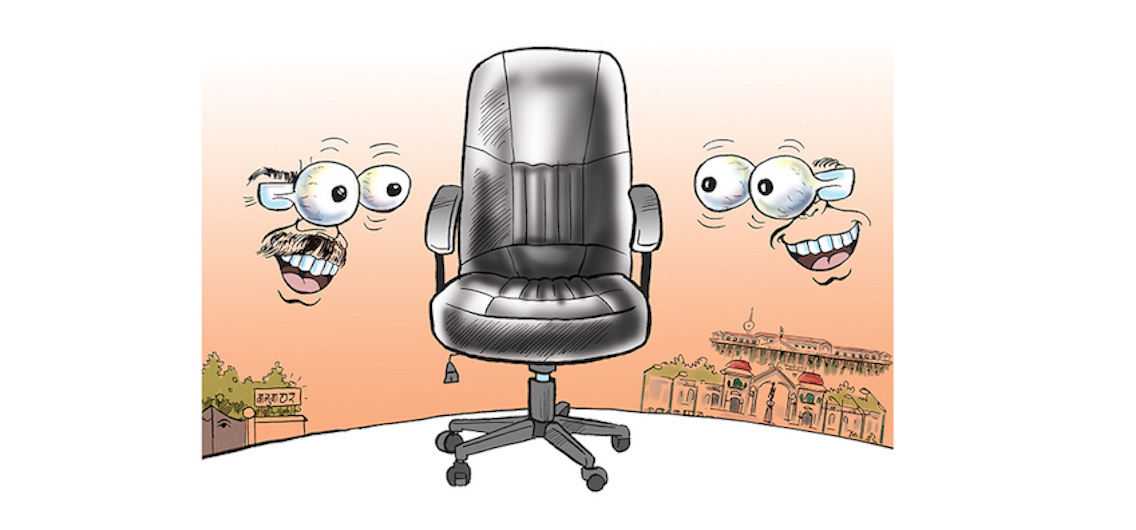
KATHMANDU, Dec 9: With the Election Commission (EC) releasing the final results of the November 20 elections to the members of House of Representatives (HoR), the two major political parties — Nepali Congress (NC) and CPN-UML — have shown interest in forming the next government. But the fractured mandate of the election has made fringe parties with fewer seats in parliament decisive in the formation of a new government than the first and second largest parties.
According to the final results of the HoR, NC has emerged as the largest political party in parliament with a total of 89 seats including 32 seats elected under the Proportional Representation (PR) electoral system. Similarly, the UML, which has won 78 seats along with 34 PR seats, has emerged as the second largest party in parliament.
Given that there has not been any serious negotiation to form the next government comprising NC and the UML, it is certain that one of these parties will be in the government and the other in the opposition in parliament. Both the NC and UML will have to garner the required majority seats in parliament with the support of CPN (Maoist Center), Rastriya Swatantra Party, Rastriya Prajatantra Party and Janamat Party. The role of CPN (Unified Socialist) that has won 10 seats in HoR is equally important in the new mathematical equation in parliament.
A party needs to garner the support of a total of 138 members in the HoR to form the next government. The NC had forged a pre-poll alliance with the Maoist Center, Unified Socialist, Loktantrik Samajbadi Party (LSP) and People’s Front Nepal (PFN). As the final results of the PR electoral system were announced on Wednesday, the Maoist Center has won a total of 32 seats, Unified Socialist 10 seats, LSP 4 seats and PFN 1 seat in parliament.
Even if the NC is able to keep the alliance intact, it will have the support of only 136 lawmakers — short of two members to secure majority seats in parliament. This fractured mandate received by the major political parties in the election has made fringe parties with fewer seats more powerful in the new political dispensation.
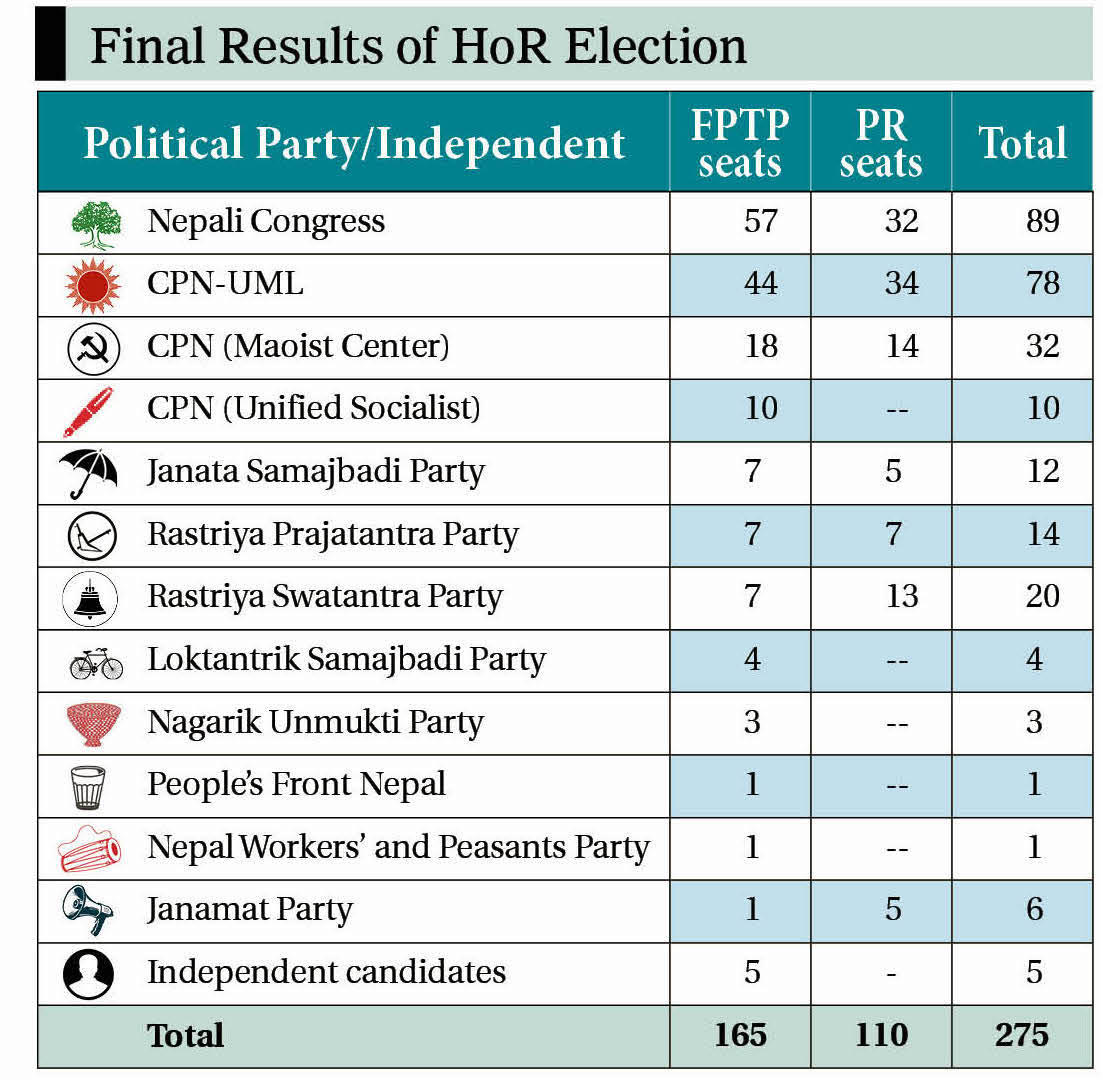
According to the final results released by the EC, Janata Samajbadi Party led by Upendra Yadav has won 12 seats, Rastriya Prajatantra Party (RPP) 14 seats, Rastriya Swatantra party 20 seats, Janamat Party 6 seats, Nagarik Unmukti Party 3 seats, and Nepal Workers and Peasants Party 1 seat in parliament. Similarly, five independent candidates have also won the HoR election.
Although the UML is looking to break the current ruling alliance by offering Maoist Center Chairman Pushpa Kamal Dahal the post of prime minister, it appears that the ruling alliance is likely to remain intact, at least for now. Ending days of speculations that the Maoist Center, a constituent party of the ruling alliance, may join the CPN-UML-led alliance, the ruling parties on Monday affirmed that the ruling alliance will remain intact and a new government would be formed by the ruling parties.
Senior NC leaders said the fractured mandate in the election has made fringe parties decisive in the formation of a new government. “We have already started negotiations with the Janamat Party that has a total of six seats in parliament. We are simultaneously holding talks with other fringe parties as well to make the government strong enough,” said a leader, sharing that some of these fringe parties have demands disproportionate to their actual strength in parliament.
The NC leader, who asked to remain anonymous, said the UML has offered the Maoist Center the prime ministerial berth to appease Pushpa Kamal Dahal. “The largest political party is entitled to form the new government in any democracy. But the fractured mandate in the election has made smaller parties have a say in new government formation,” he added.
You May Like This
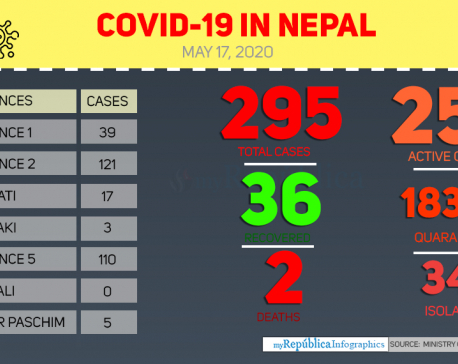
Health ministry confirms three new COVID-19 cases, number of total cases reaches 295
KATHMANDU, May 17: Nepal reported three new cases of COVID-19 on Sunday evening, taking the national tally to 295. ... Read More...
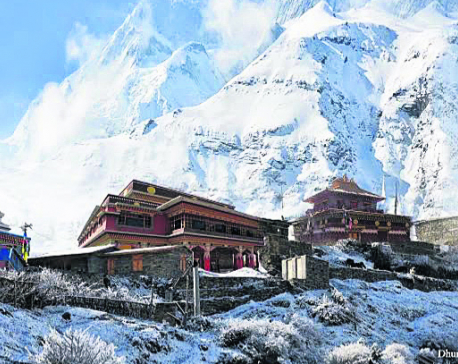
Dhurmus, Suntali to build ‘a Nepal within Nepal’
KATHMANDU, June 5: After successfully completing three settlement projects for earthquake victims and other communities, the actor couple Sitaram Kattel (Dhurmus)... Read More...
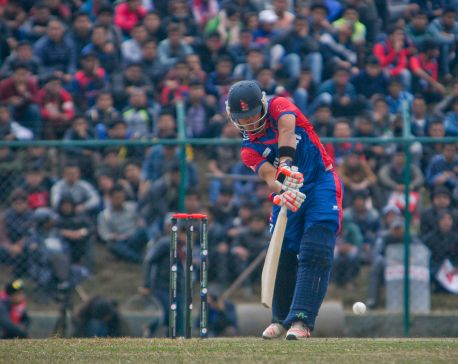
Nepal vs Kenya: Five crucial things Nepal looks for second match
KATHMANDU, March 12: Nepal is taking on Kenya on Monday in the second match of the ICC World Cricket League... Read More...


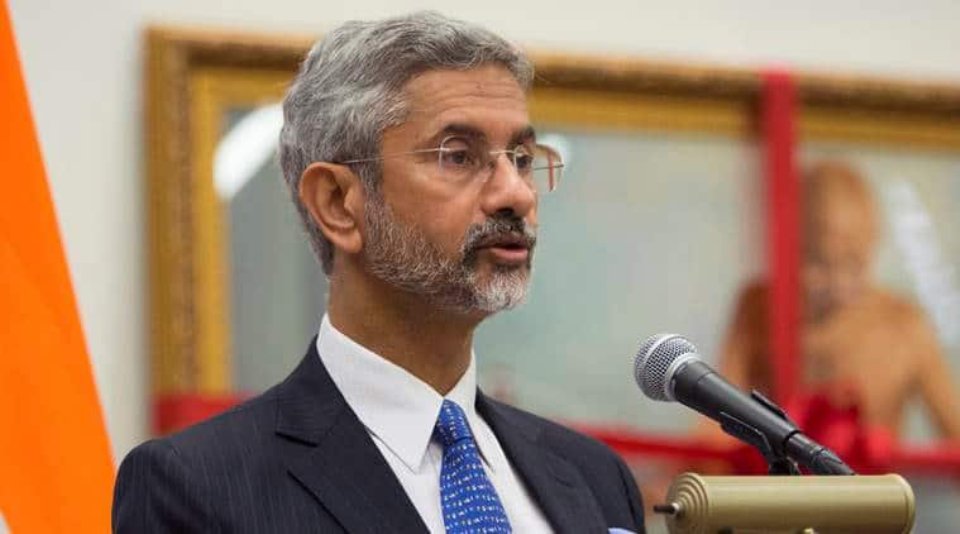

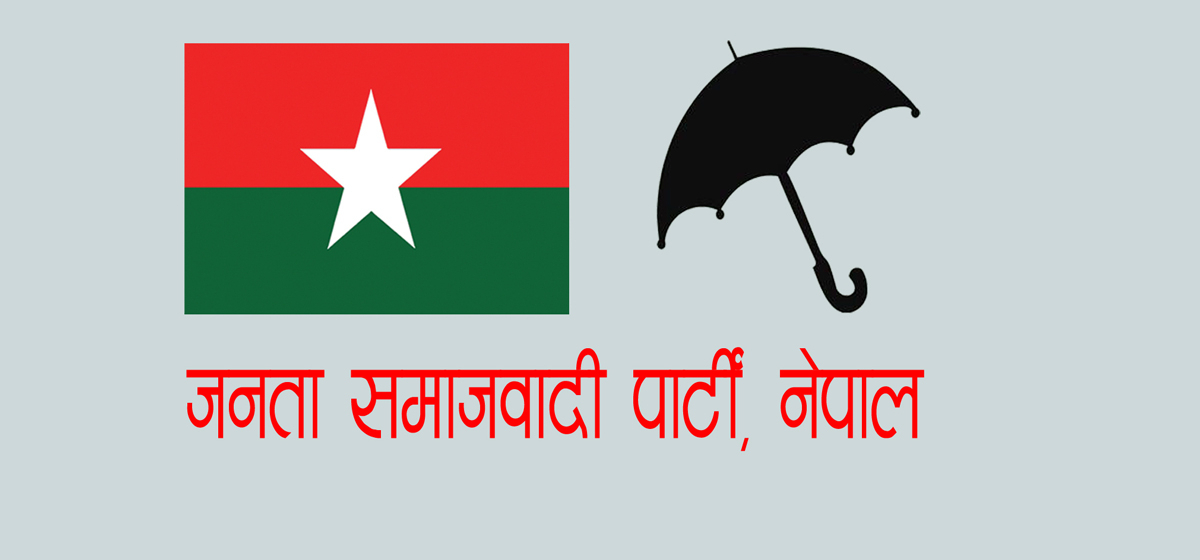
Just In
- Table tennis Olympics qualification being held for first time in Nepal
- Kathmandu's air quality slightly improves but still unhealthy
- Newari, Tamang to be used as official languages in Bagmati Province
- KMC's skill fair gets 10,000 plus applications for vocational training
- NEPSE plunges 24.58 points, daily turnover falls to Rs 3.79 billion
- Shree Airlines to expand services, offering twice daily Kathmandu-Surkhet flights
- Shift in Nepal’s healthcare trend: 58 percent of women in dentistry
- JSP splits, seven lawmakers to register new party



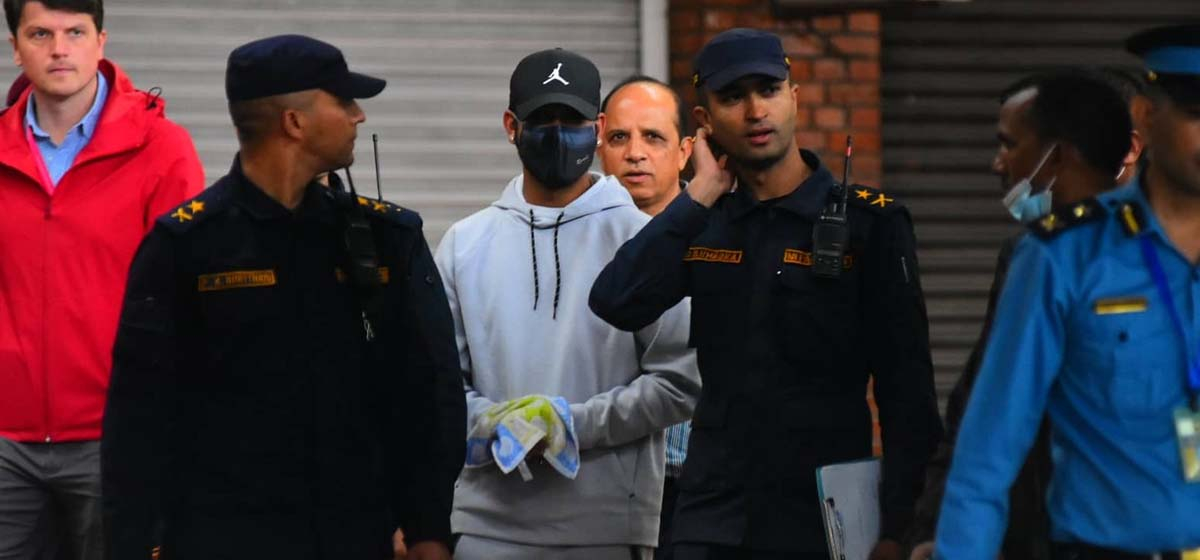
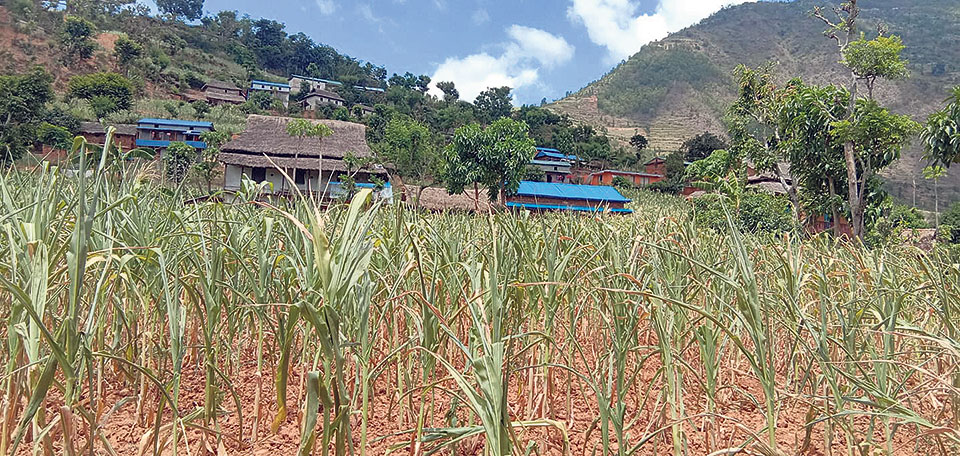

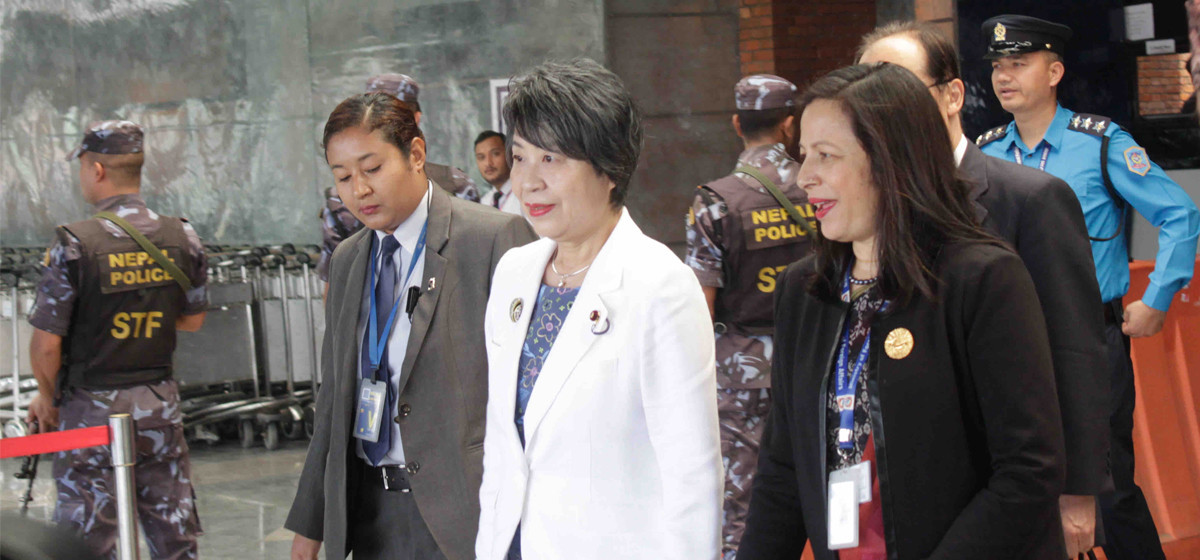
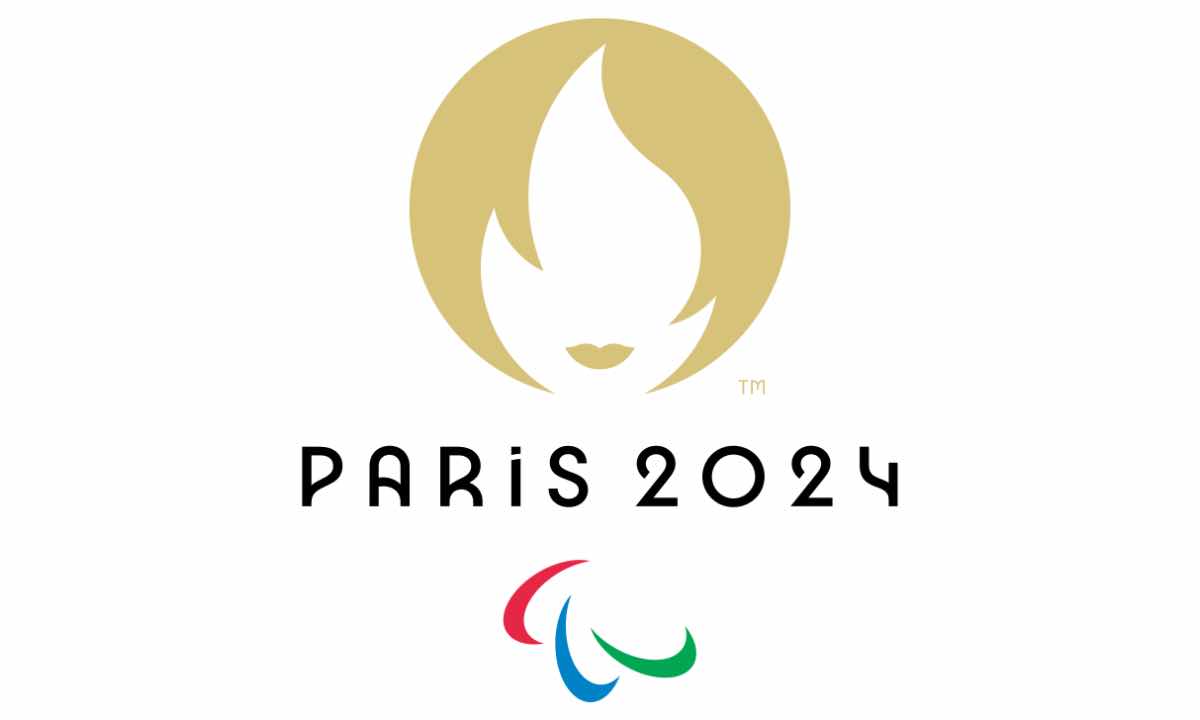
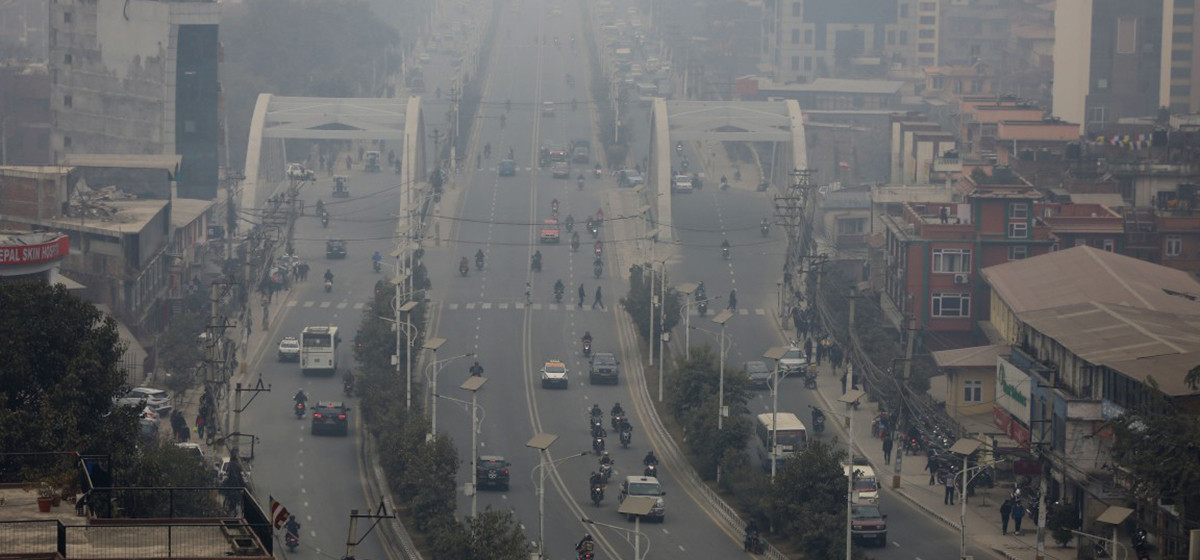
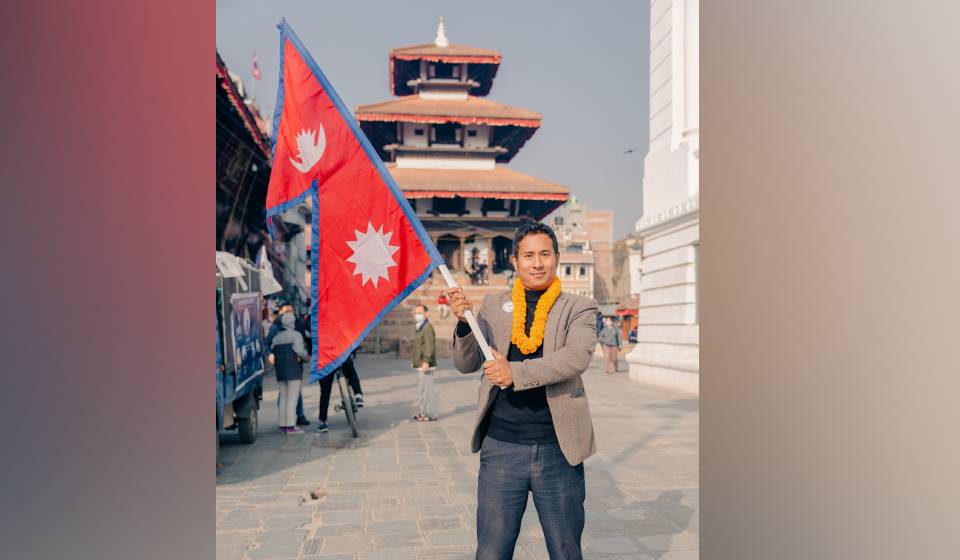
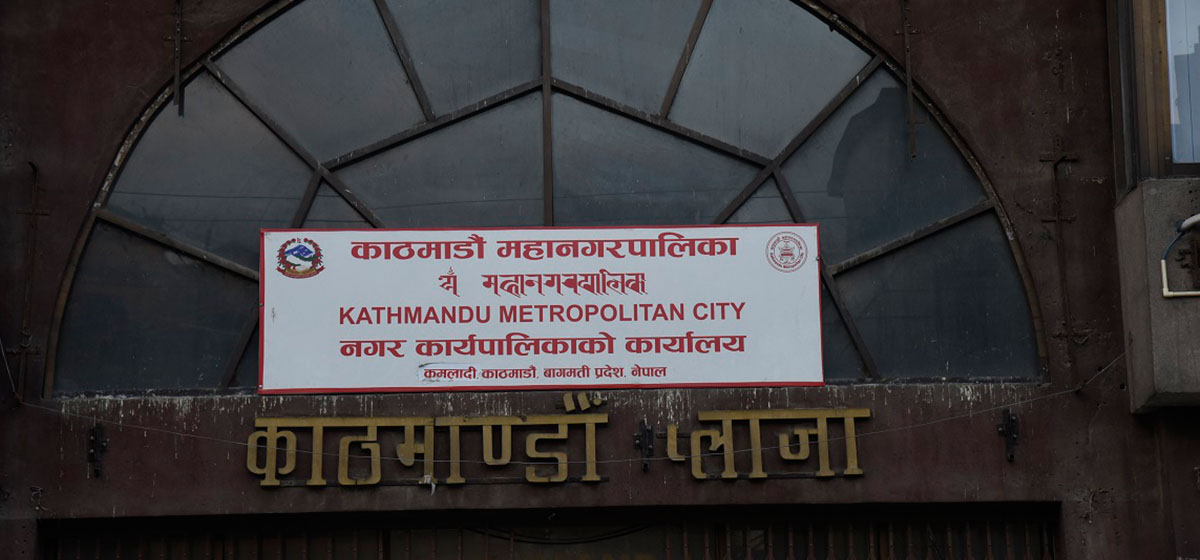



Leave A Comment